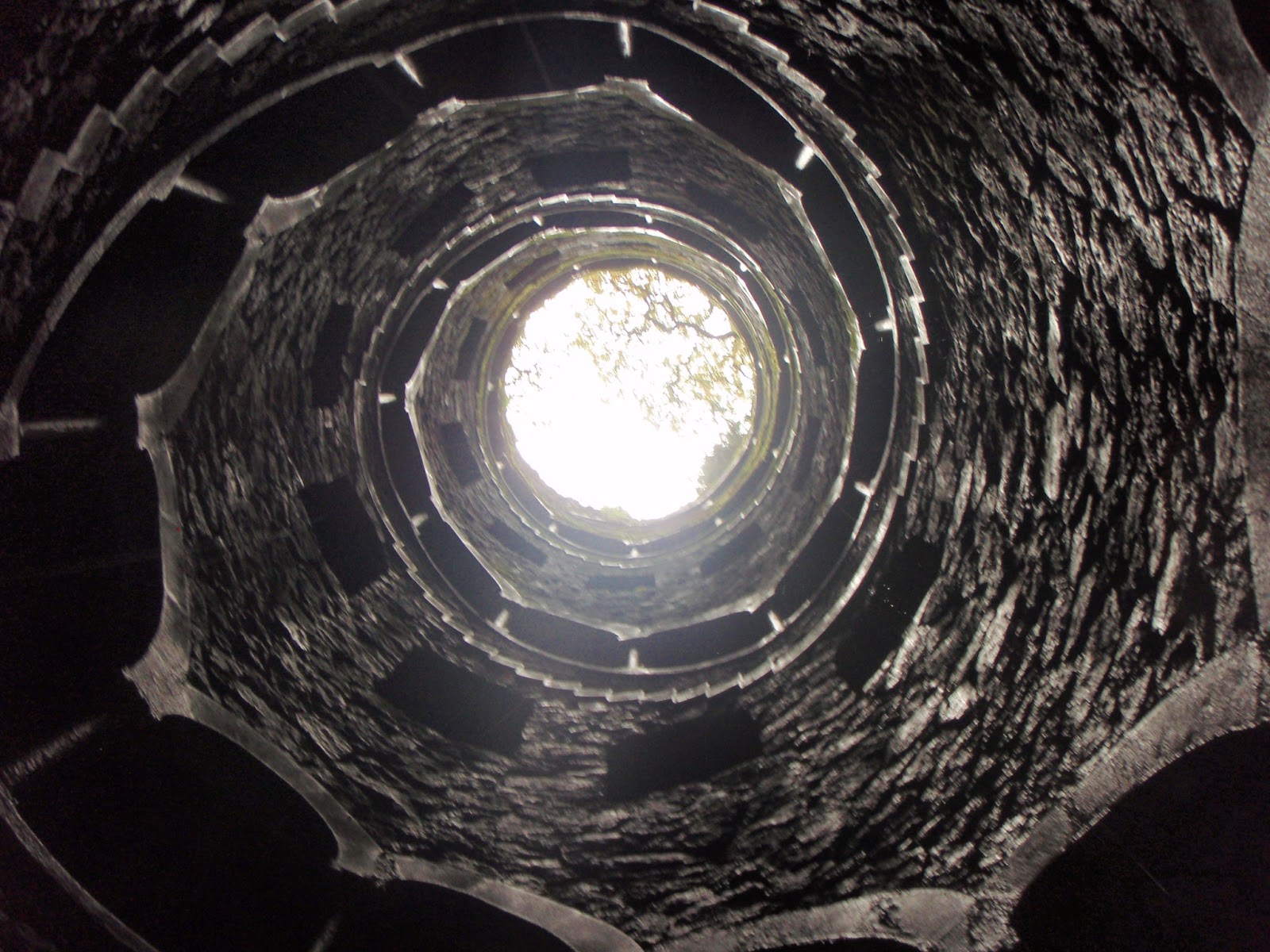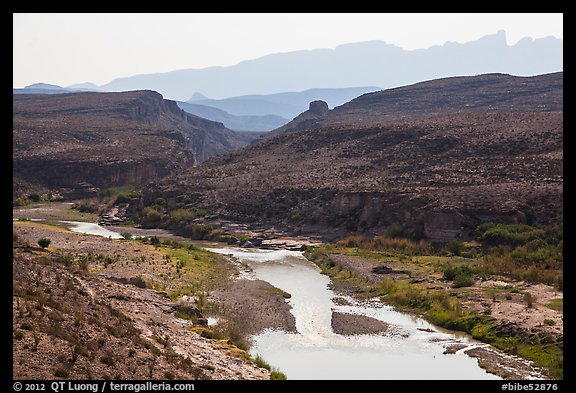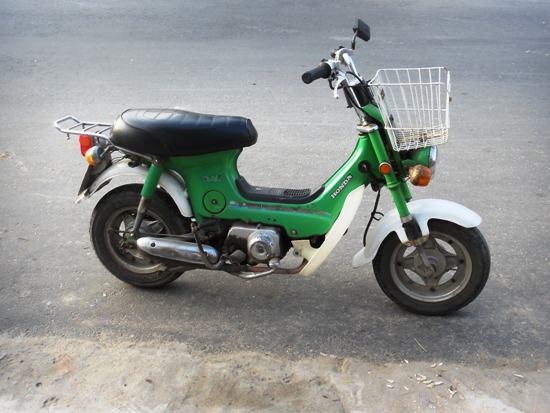I am so glad Christmas is over. I know people get worked up about the whole
thing—Baby Jesus, music, rituals, gifting, food and drink-- but ever since the days when I worked
the streets of downtown Boston reaching out to homeless youth I have found
myself increasingly jaded by the hollowness of cheap Santa hats and old-timey carols. Naturally, being in a different country, separated from family and with the really good friends all far away... it is challenging.
I've coped with an all-alone boozy fest for the first time in years. In the past three weeks, I appear to have gained
5 pounds. The wonderfully cool crisp weather of late keeps me away
from the pool and with no interest in going to the gym, I try to get out and
lumber around the streets for a bit of perspective. A couple evenings I came home exhausted from tribulations at the office and simply rested on the couch immersed in another secret addiction: Pet Rescue Saga. Now at level 457.
 |
| http://imgur.com/a/doDWH |
In Alaska, I struggled with the winter solstice time. There were mornings when I emerged from stuporous sleep like swimming through warm jello. I crawled out of a warm bed in a very cold house, groggily put a down coat and fleece pants over the pajamas and stumbled along with the dog in the morning dark in an attempt at routine exercise. I then drank my first cuppa hovered over the bright blue florescent light therapy gizmo. On bad days, I pulled up to the the coffee shack on the way to the office. The barista kindly thawed/cleaned the go-mug with steam and set me up with the sludge cup of drip
coffee with a shot of espresso. Life seemed to lighten with the sun of midday.
This year's coping mechanism is a troubling throwback to days gone by. Please don't worry- I'm not diving deeply into old patterns, but I have found myself wading around a little more frequently through the holiday season. This pattern started with the crazed substance abuses of the late '70s, I had a fake ID at 16, forged from a friend of a friend whose mother worked at Vassar College. A photo, some typing and a hot iron made me instantly of the drinking age of the time.
In the tame suburban idyll where I spend adolescence, there were keg parties in the far reaches of the woods owned by IBM where many fathers worked. In the night, groups of males teenagers would gather around a fire, singing bawdy songs likely learned at Boy Scout camp and coping with overly foamy beer from the haphazard keg transport. There were vehicles that went off the road and incomprehensible dramas in homes with no adults present. Holes were punched in walls. People peed and puked and intercoursed in inappropriate places. Pot was laced with paraquat or PCP or Angel Dust. We were obsessed with the Doors and Pink Floyd. It was a glorious blaze of rage, angst, ennui and discomfort. Some died.
It wasn't until after I bought my house and lived alone that I began to drink by myself more frequently. In the wintertime, there was an enormous bottle of whiskey in the kitchen cupboard, boxes of wine that I learned not too buy. I was smoking then-- as I had since my teens. On some mornings I awoke feeling like a booze processor. The pounds escalated in bouts of 5.
It was then time to stop. There were evenings when I had to clutch the steering wheel and drive by the Brown Jug on the corner. In the early days of the therapy that took me from the crazed denial of my youth to the self-aware and thoughtful person I am today, I remember drawing an image: my battered and beleaguered spirit at the bottom of a dark well, standing upright and reaching to lightness, seeking small toe holds of security and progress to a better emotional place.
On Solstice day this year, I spend the day out at Takeo province with my friend Karen. Under the guise of a cheap and convenient bus ticket, we went down to a music festival at a children's orphanage in the region. The music program wasn't all it cracked up to be, but fortunately I had a back up plan to visit Wat Phnom Chisor. With some relatively easy negotiation with the local motodups, we were soon climbing the steps to the temple.
On top of this small hill lay one of the oldest sites in Cambodia's cradle of civilization--predating Angkor Wat by 100 years and dedicated to the dieties of Brahma (the creator) Vishnu (the preserver) and Shiva (the destroyer). Ancient crumbling laterite bricks were propped up with 4x4s and Cambodians of all ages walked around and looked out at the vast vistas of palms and rice fields. The huge Boddhi tree housed a spirit house and more than one long-tailed macaque. I distributed riel to various stops and received small tokens and big smiles. While Karen explored in more depth, I simply looked to the north and let the elevated breezes buff me while temple boys made small inroads at conversation.
If all goes according to plan, 2015 will bring some changes for the good. My proposal to reduce work hours and responsibilities has been agreed to. I will use the new found time to write the checklist of stories from last year's writers retreat. Alaskan friends are coming to visit. I will look and scheme to 2016 and the promise of another major life shift. This New Year's Eve, I am going out to celebrate and stay up late for the first time in many years. The light is returning.
 |
| Winter Solstice in Alaska, http://mw2.google.com/mw-panoramio/photos/medium/86263586.jpg |
In the tame suburban idyll where I spend adolescence, there were keg parties in the far reaches of the woods owned by IBM where many fathers worked. In the night, groups of males teenagers would gather around a fire, singing bawdy songs likely learned at Boy Scout camp and coping with overly foamy beer from the haphazard keg transport. There were vehicles that went off the road and incomprehensible dramas in homes with no adults present. Holes were punched in walls. People peed and puked and intercoursed in inappropriate places. Pot was laced with paraquat or PCP or Angel Dust. We were obsessed with the Doors and Pink Floyd. It was a glorious blaze of rage, angst, ennui and discomfort. Some died.
It wasn't until after I bought my house and lived alone that I began to drink by myself more frequently. In the wintertime, there was an enormous bottle of whiskey in the kitchen cupboard, boxes of wine that I learned not too buy. I was smoking then-- as I had since my teens. On some mornings I awoke feeling like a booze processor. The pounds escalated in bouts of 5.
It was then time to stop. There were evenings when I had to clutch the steering wheel and drive by the Brown Jug on the corner. In the early days of the therapy that took me from the crazed denial of my youth to the self-aware and thoughtful person I am today, I remember drawing an image: my battered and beleaguered spirit at the bottom of a dark well, standing upright and reaching to lightness, seeking small toe holds of security and progress to a better emotional place.
 |
| /media/photo-s/04/b4/cd/24/phnom-chisor-temple.jpg |
On top of this small hill lay one of the oldest sites in Cambodia's cradle of civilization--predating Angkor Wat by 100 years and dedicated to the dieties of Brahma (the creator) Vishnu (the preserver) and Shiva (the destroyer). Ancient crumbling laterite bricks were propped up with 4x4s and Cambodians of all ages walked around and looked out at the vast vistas of palms and rice fields. The huge Boddhi tree housed a spirit house and more than one long-tailed macaque. I distributed riel to various stops and received small tokens and big smiles. While Karen explored in more depth, I simply looked to the north and let the elevated breezes buff me while temple boys made small inroads at conversation.
If all goes according to plan, 2015 will bring some changes for the good. My proposal to reduce work hours and responsibilities has been agreed to. I will use the new found time to write the checklist of stories from last year's writers retreat. Alaskan friends are coming to visit. I will look and scheme to 2016 and the promise of another major life shift. This New Year's Eve, I am going out to celebrate and stay up late for the first time in many years. The light is returning.

































